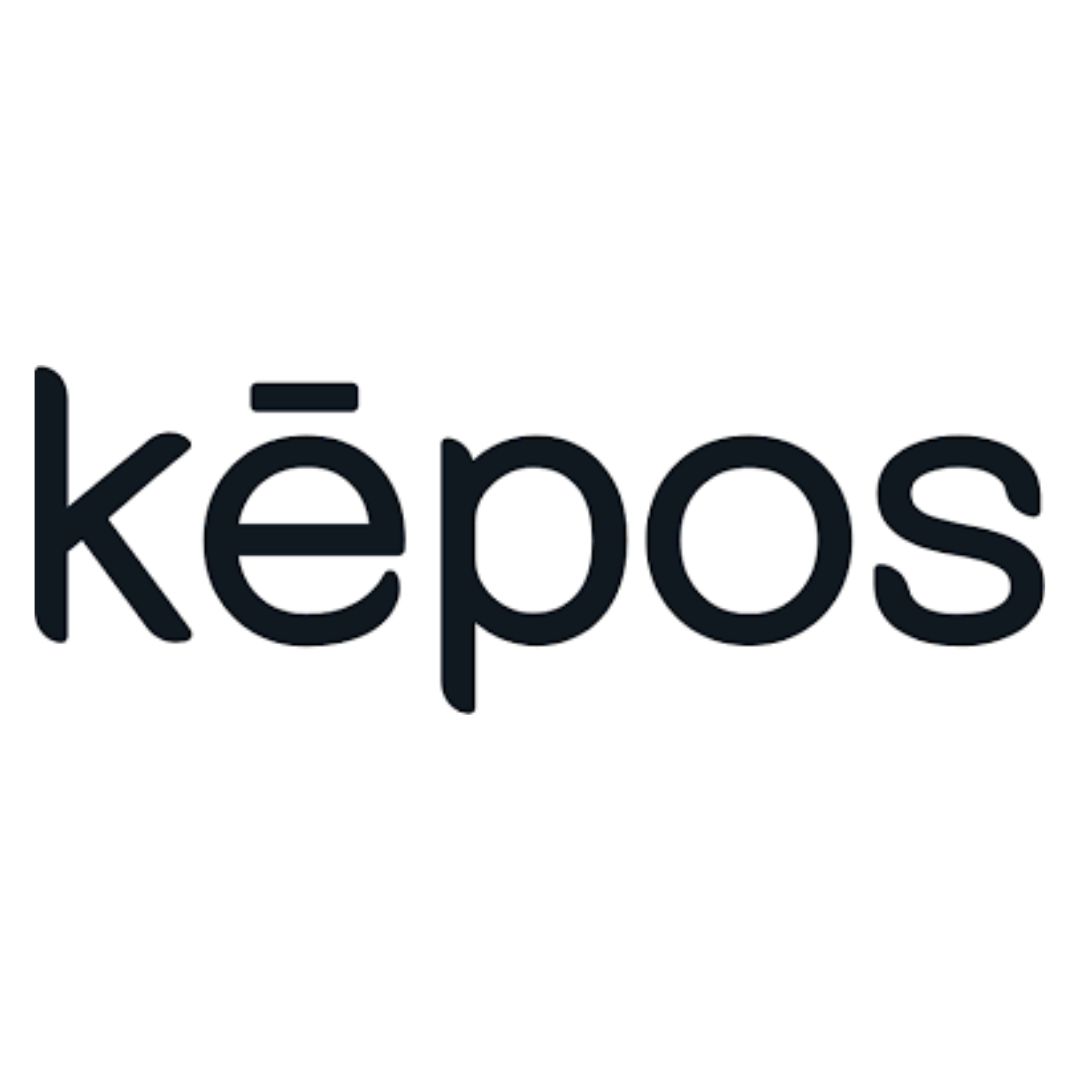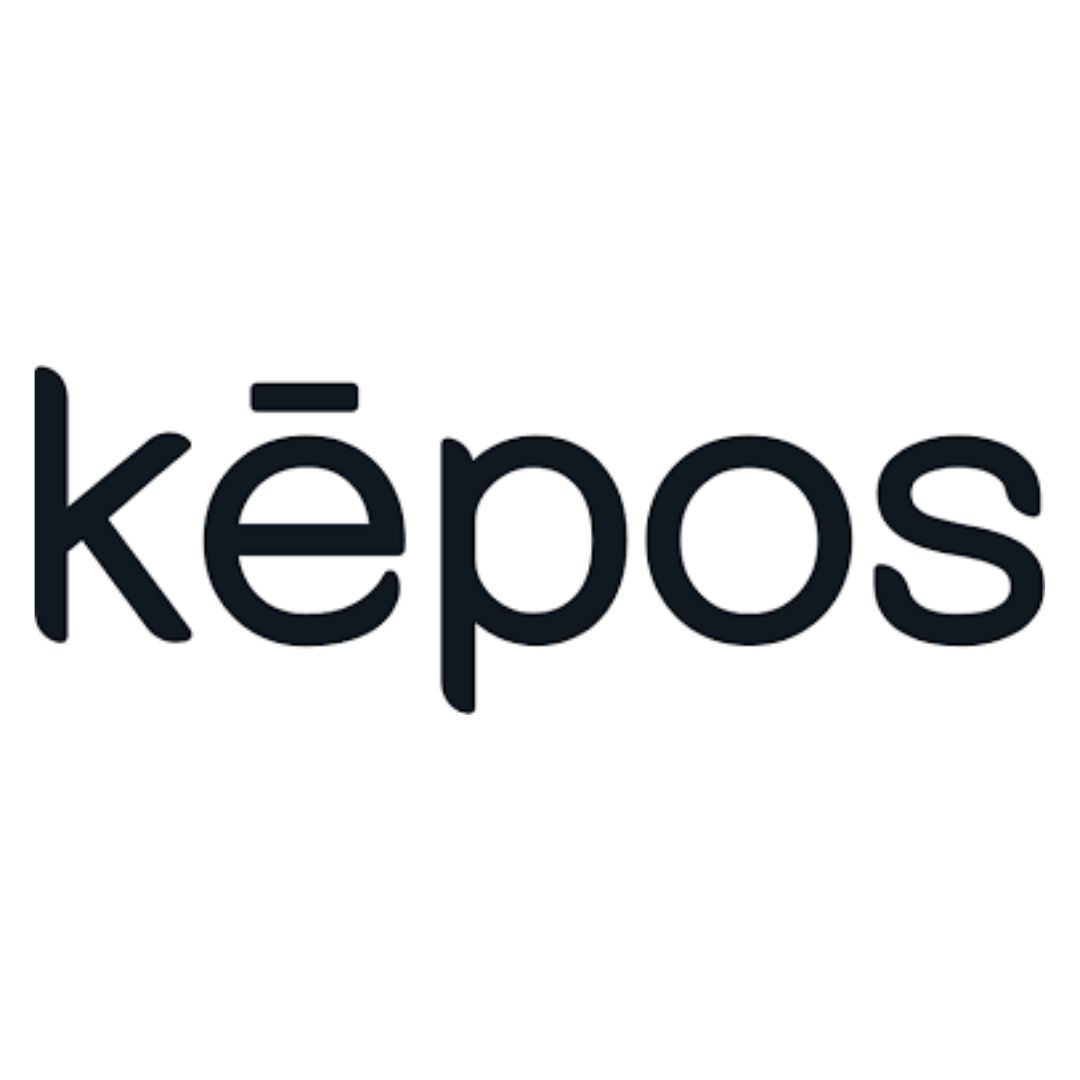The Remarkable Role of Human Milk Oligosaccharides (HMOs) in Gut and Immune Health
Human milk oligosaccharides (HMOs) are complex carbohydrates found in human breast milk that are transforming how we understand infant and adult health. Although indigestible by babies, HMOs are essential for the development of a healthy gut microbiome, immune system regulation, and even brain development. As science uncovers their powerful functions, HMOs are increasingly being incorporated into products beyond infant formula, including adult nutritional supplements and gut-health solutions by forward-thinking companies like kēpos.
What are HMOs?
Human milk oligosaccharides are the third most abundant solid component in breast milk after lactose and lipids. More than 200 different types of HMOs have been identified, each made up of a combination of five basic monosaccharides: glucose, galactose, fucose, N-acetylglucosamine, and sialic acid. These sugars form unique structures, categorized as fucosylated, sialylated, or neutral core HMOs. Some of the most common ones include 2′-Fucosyllactose (2′-FL), Lacto-N-tetraose (LNT), and Lacto-N-neotetraose (LNnT). A mother’s genetics, particularly the FUT2 gene, can influence the HMO composition in her milk, making it highly individualized and biologically tailored to her infant’s needs.
How HMOs Work
Once consumed, HMOs travel undigested to the colon, where they serve as prebiotics—nourishing beneficial bacteria such as Bifidobacterium infantis. These bacteria thrive on HMOs, producing short-chain fatty acids (SCFAs) that help maintain a healthy gut environment. HMOs also act as decoy receptors for harmful pathogens. By mimicking the surface structures of cells in the gut lining, HMOs bind to bacteria and viruses like E. coli, Campylobacter, and rotavirus, preventing them from attaching to intestinal walls and causing infections. This dual action—nurturing good microbes while defending against bad ones—makes HMOs a cornerstone of early immune defense.
Immune System & Brain Development
Beyond gut health, HMOs have a direct impact on the immune system. They promote the development of immune cells, modulate inflammation, and contribute to the maturation of the gut-associated lymphoid tissue (GALT), which is central to immune response. HMOs may also reduce the risk of necrotizing enterocolitis (NEC), a life-threatening condition in premature infants. In terms of brain development, sialylated HMOs are particularly important. They deliver sialic acid, a critical nutrient for brain structure and function. This supports cognitive development and may influence learning, memory, and behavior through the gut-brain axis.
Beyond Infants: Adult Health Benefits
While HMOs were once thought to be relevant only to infants, current research shows they have significant benefits for adults as well. Their prebiotic effects continue in the adult gut, promoting the growth of helpful bacteria and improving intestinal barrier function. Studies suggest HMOs may be useful in managing irritable bowel syndrome (IBS), inflammatory bowel disease (IBD), and metabolic conditions like obesity and type 2 diabetes. Some evidence even points to their potential role in regulating cholesterol and blood pressure. The anti-inflammatory and gut-healing properties of HMOs make them a promising option for a wide range of health applications.
Commercial Use: From Infant Formula to Adult Nutrition
To replicate the benefits of breastfeeding, many infant formula brands now include synthetic HMOs such as 2′-FL and LNnT. These are produced through microbial fermentation and are structurally identical to those found in human milk. Clinical trials have shown that formulas enriched with HMOs more closely mimic breast milk’s effects on gut health, immune development, and infection resistance. As interest in HMOs grows, they are also appearing in adult products—from prebiotic supplements to functional foods. Researchers are even exploring plant-based HMO production, which could make these ingredients more accessible and affordable on a larger scale.
kēpos & HMO-Inspired Innovation
kēpos, while known primarily as a tech-forward POS solution, is also pioneering wellness-focused innovations. The company is committed to integrating evidence-based ingredients like HMOs into accessible, health-enhancing products. By combining cutting-edge nutrition science with user-friendly technology, kēpos is enabling consumers to proactively support their gut health and immune function. Their approach reflects a growing shift toward holistic, microbiome-centered wellness—a trend that aligns with the latest research in human biology and nutrition.
Incorporating HMOs in Daily Life
There are multiple ways to incorporate HMOs into a health-focused lifestyle. For infants, breastfeeding is the most natural and effective source of HMOs. For those who use formula, choosing a brand that includes 2′-FL and LNnT can offer similar benefits. Adults interested in gut health can turn to HMO-based supplements or foods enhanced with these bioactives. These are particularly helpful for people with digestive issues or those recovering from antibiotic treatments. As always, it’s best to consult a healthcare provider before beginning any new supplement regimen, especially for children or individuals with existing health concerns.
The Future of HMOs
The field of HMO research is expanding rapidly, with exciting possibilities on the horizon. Scientists are working to identify more types of HMOs and their specific health roles. Personalized nutrition based on individual microbiomes and genetic profiles may soon allow for tailored HMO supplementation. Therapeutic uses are also being investigated for conditions such as cognitive decline, autoimmune disorders, and chronic inflammation. With continued innovation and support from forward-thinking companies, HMOs may become a standard part of nutritional strategies across all life stages.
Conclusion
Human milk oligosaccharides are far more than just a component of breast milk—they are key players in the development and maintenance of a healthy gut, immune system, and brain. As more is learned about their profound effects, HMOs are finding their way into products that support health across all ages. With continued research and responsible innovation, these powerful natural compounds hold the potential to revolutionize how we approach nutrition, from infancy through adulthood.



Innovative research emphasizes the extraordinary impact of human milk oligosaccharides (HMOs) on both gut development and immune health, solidifying their undeniable role as essential nutrients for infants' optimal wellbeing.
The remarkable role of human milk oligosaccharides (HMOs) in fostering not only gut health but also playing a crucial part towards supporting neonatal immune development, represents an underappreciated aspect that emphasizes the importance and uniqueness of breastfeeding.
The thorough examination of how human milk oligosaccharides (HMOs) play a remarkable, synergistic role in supporting both the intestinal microbiome development and immune function highlights their essential importance as natural boosters for infant health.
The revolutionary paper on the remarkable role of Human Milk Oligosaccharides (HMOs) in fostering both gut and immune health underscores their potential as key elements ensuring optimal development for newborn infants, offering insights that can dramatically enhance current infant nm高cations.
This text beautifully highlights the remarkable role of Human Milk Oligosaccharides (HMOs) in promoting a healthy gut as well their critical immunological benefits for newborns, underscoring HMOS' potential significance beyond mere nutrition.
The paper elegantly highlights the remarkable role of Human Milk Oligosaccharides (HMOs) as vital contributors to both gut development and immune health, underscoring their insights into supporting holistic infant well-being.














